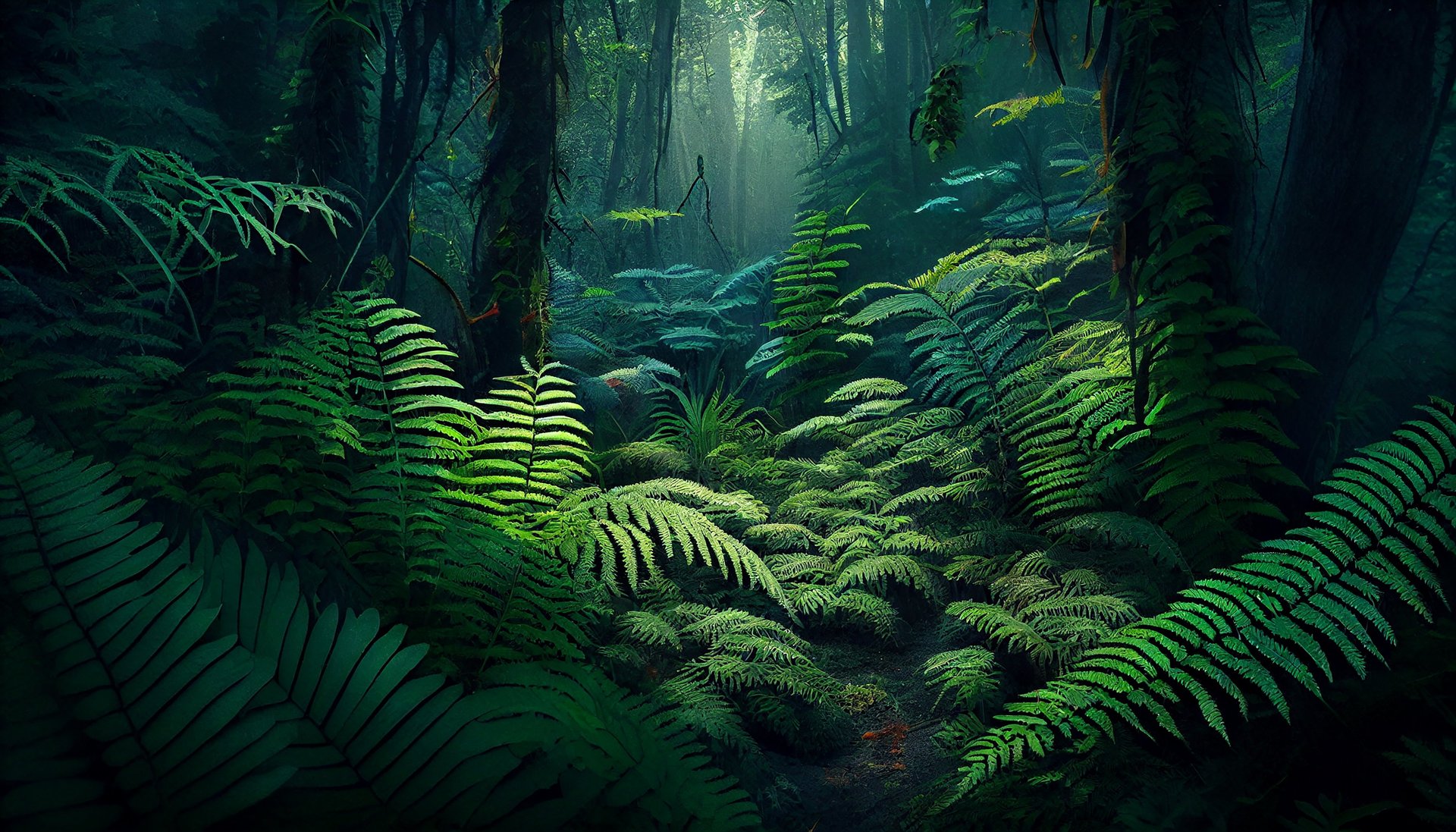
When One Tradition Wears Another’s Face
How elements of Afro-Atlantic traditions found their way into modern “traditional” witchcraft from the British Isles
8/12/20252 min read

“Fear not when summoning a god at the crossroads of death.”
It is a line from a well-known grimoire that hints at power, the uncanny, and the road between worlds. Yet if you look closely at the ritual form it describes, you find more than echoes of English folk magic. The shape is deeply familiar to anyone who knows Quimbanda’s work at the crossroads.
Modern “traditional” witchcraft from the British Isles is often presented as the inheritor of an unbroken European lineage, shaped entirely by native folk magic and the cunning traditions of the past. Yet when you examine the ritual forms, the way spirits are approached, and the offerings and symbols that are used, another story begins to appear. Some of its most visible strands carry influences from far beyond the hedgerows and moors. There are patterns, structures, and even entire ceremonies that are much closer to the red earth of Brazil and the ritual crossroads of Haiti than to the fields and lanes of England.
These influences did not happen by accident. In the late twentieth century, some European occultists travelled to Brazil, Haiti, and other parts of the Afro-Atlantic world. In Brazil they encountered Quimbanda as it is actually practised, in temples, in the streets, and at the crossroads. They saw the way Exu and Pomba Gira were called through song, sigil, offering, and possession. This was direct, spirit-led magic that demanded presence, courage, and clear relationship. For those used to more symbolic forms of spirit contact, it was a revelation. Some brought these methods back to Europe and began folding them into their own rites.
The borrowings were often quite direct. The division of spirits into courts or kingdoms, the focus on pacts rather than petitions, the use of offerings such as cachaça, cigars, palm oil, and hot peppers, and even the drawing of ritual symbols similar to pontos riscados all mirror Quimbanda practice. Sometimes the names of spirits were altered to sound more local, but the underlying structure remained recognisably Afro-Brazilian.
Haitian Vodou also became a source of influence. Travellers to the Caribbean returned with songs, ceremonial drawings, and possession techniques. These were often merged with European folk magic and then presented as part of a recovered “native” witchcraft. For anyone who knew Vodou, the resemblance was unmistakable.

It certainly fits many definitions of cultural appropriation, especially if we are talking about borrowing directly from Quimbanda or Vodou without acknowledging the source, removing these elements from their cultural and historical context, and rebranding them as part of a British or European witchcraft lineage. All living traditions change and absorb influences, but this particular borrowing was rarely admitted openly. Instead, Afro-Atlantic elements were quietly repackaged as though they had always belonged to Britain.
The question is why do this at all when one could simply practise Quimbanda or Vodou within their own traditions, with the guidance of those who live them. These paths are already whole, rooted in language, history, and community. They do not need to be filtered through a European narrative in order to be powerful. Yet for some, the attraction of claiming an ancient “native” witchcraft outweighed the honesty of naming the influences.
For practitioners now, the more important issue is truth. If a rite uses the framework of a Quimbanda court, this should be said. If a possession method is taken from Vodou, that should be acknowledged. A tradition becomes stronger when it recognises and honours the paths that have shaped it. Without this, the origins of the work are erased, and the depth of understanding that comes from knowing its true roots is lost.
The spirits themselves may not be concerned with human labels, but they respond to respect. A path that calls itself entirely British yet walks upon roads built by Afro-Atlantic hands should be honest about where those roads began.

Mario dos Ventos
Journey through the Mysteries of the Spirit World
© Mario dos Ventos, 2025. All rights reserved.